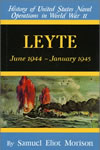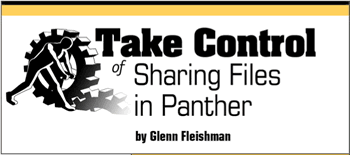Drama, Near and Far
Last night, we went with the Landows to see Sly Fox, a fresh version of Volpone. It's that rare bird, a Broadway tryout in Boston, which means the production is dripping in familiar names. Written by Larry Gelbart (M*A*S*H), directed by Arthur Penn (Bonnie and Clyde), with Richard Dreyfus, René Auberjonois, Bronson Pichot, and Professor Irwin Corey. It's fluff, but it's magnificent fluff, and everything is done right. It's the story of a con in gold-rush San Francisco -- "that's GOLD, God with an L!"-- and it's headed to the Barrymore next month.
This is the second fine production we've seen this month; last week in Chicago we saw the final night of "The Light On The Piazza." That's a nifty musical by Adam Guettel, based on an Elizabeth Spencer novella from 1960. The story is a curious one to tell at this moment, an unsettling tale of a young southern girl who travels to postwar Italy with her mother and who falls in love with a boy to whom she can hardly speak. In 1960, this must have been about getting in touch with spirit and sex and leaving Eisenhower-era complacency behind us. Today, it means something else: our kids are damaged -- the Prozac generation -- but even so they can still love be be loved. Another fine, fine production -- the set was magnificent, the lighting a revalation, the singing fine. That night, I thought the music was nice, but I wasn't sure I heard much that isn't already clear in early Sondheim. And early Sondheim is, what, fifty years ago? Lahr wrote that
Guettel’s music and lyrics take nothing from the razzle-dazzle bargain basement of feeling; they represent, instead, a genuine expense of spirit. Rather than selling a cheap-and-cheerful redemption, the show offers only the prospect of repair. The Light in the Piazza doesn’t want to make theatregoers feel good; it wants to make them feel deeply.
That's exactly right, and if my friend the Composer is also right and if Guettel is simply reaching for musical effects he can't control, well, at least it's a lot better as a musical than Beauty and the Beast.







